Health Is Wealth: 17 Essential Health Tips For Women
Taking care to maintain some do's and don'ts can help strengthen your body and keep it fit.

Image: Shutterstock
A healthy lifestyle can assist you in thriving for the rest of your life. Making healthy decisions, on the other hand, is not always simple. For example, it may be difficult to find the time and enthusiasm to work out and eat healthy food. Fortunately, you can follow some health tips for women to stay fit and improve your wellness on a daily basis.
Due to globalization and urbanization, mortality (death rate), morbidity (percentage of people with medical complications), and rates of non-communicable diseases are increasing in developed as well as developing countries (1). This is probably due to poor lifestyle management and a lack of focus on health.
This article will go through the various ways you can make room for a healthy lifestyle. Check them out below!
In This Article
Health Is Wealth: 17 Tips to Stay Healthy
1. Have A Balanced Diet
Consuming enough food does not mean that you are healthy. You need to choose the right foods and space your meals in a balanced way. Recognizing the importance of healthy food is crucial for long-term health and vitality.
Incorporating proteins, minerals, iron, vitamins, calcium, carbs and fat (good fat) into your daily diet is very necessary. Your plate should contain all foods – from basic food groups like whole grains, pulses, milk and milk products to meat-fish-poultry-eggs, vegetables, and fruits to create a balanced diet plan (2).
2. Take Care Of Your Diet

Avoid unhealthy fats and other processed foods that are high in calories and saturated and trans fats. They gradually take a toll on your health, leading to weight gain, heart disease, and high cholesterol levels. Junk food is a major contributor to childhood obesity as well (3), (4).
Eat seasonal fruits that are rich in fiber, vitamins, and minerals (5). You don’t have to give up delicious desserts altogether at the very beginning. A little moderation and portion control can aid weight management and ensure that you don’t have to quit them forever. Make it a point to eat healthy.
In a study to understand food health plans, 2000 participants were sent a questionnaire regarding food and food components. The survey contained questions regarding common food components, such as sugar, salt, alcohol, food additives, and others to understand if the participants perceived them as unhealthy. 51.6% reported avoidance of sugar, while only 16.8% reported avoidance of saturated fat. 10.6% answered to have avoided salt, and 45.2% avoided sweetening agents. Women were found to be more concerned about following a healthy diet plan and prioritizing a healthy lifestyle.
3. Have Breakfast Regularly
Having a good quality breakfast is always important to kick-start your metabolic rate. It is believed that people who have a proper breakfast tend to reduce their overall calorie intake during the rest of the day (6).
Skipping breakfast to lose weight has become a fashion among adolescents and teenagers. But this habit could invite undesirable health consequences (7), (8).
Always make your breakfast the healthiest meal of the day by including whole grains, seasonal vegetables, and a protein source along with healthy fats from nuts and seeds.
4. Have Plenty Of Fluids

Drink at least 8-10 glasses of water every day. Water not only flushes out toxins from your system but also keeps your skin glowing and healthy (9), (10). You can also have other healthy beverages at frequent intervals to maintain your hydration levels (11).
Divya Toshniwal, a lifestyle blogger, shares that she saw visible results when she started drinking more water than she used to. On her blog, she observes, “This one little change has made my skin feel healthier (i).”
5. No Late Night Meals
Late night meals or night-time meals could lead to obesity and other serious health consequences, as per a study on night shift workers
(12).
A study showed that night meals had low thermogenic effects compared to afternoon meals, leading the former to cause weight gain (13).
Moreover, night time meals are found to be less satiating than those taken in the mornings (14).
Also, late night snacking might result in indigestion, and this might interfere with your sleep (15).
6. Use Less Salt
Reduce your salt intake, as it may lead to increased blood pressure and can also have a negative effect on your cardiovascular health (16),(17).
As per the Dietary Guidelines for Americans, limiting your sodium intake to less than 2,300 mg per day (1 teaspoon or less per day) can help in this regard (16).
7. Check Nutrition Labels
Checking and understanding nutritional labels is very important to keep track of what nutrients you are consuming daily (18). You need to check the amounts of saturated fats, trans fats, sugar, and salt in packaged foods (19).
8. Maintain Good Hygiene

It is important to maintain good overall hygiene to help in the prevention of infections. Always use hand sanitizers or soap to wash your hands before preparing or having meals (20).
 Quick Tip
Quick Tip9. Exercise
Exercise is a must. Aerobic workouts, like walking or jogging, can help regulate your heart rate, giving you more energy throughout the day. The benefits of physical exercise are numerous, as it is an effective way to boost your health and fitness and keep your energy flowing at optimum levels. Doing at least 30 minutes of exercise per day is enough to keep you healthy in the long run (21). You can also indulge in strength training exercises to increase stamina.
Several studies have also linked physical activity to longevity and a reduced risk of mortality and morbidity (22).
Divya also incorporated intuitive exercise in her daily lifestyle to improve her health. Although she does not follow any strict exercise regime, she exercises whenever she realizes her body needs it. “It allows me to connect to the requirements of my body and understand it better,” she notes.
10. Don’t Sit Continuously For Long Hours
Whether it is at your home, office, or any other place, sitting continuously for long hours, without any movement, can slow down your metabolism and weaken your muscles (23).
Make sure you get up and move around every couple of hours. Stretch your muscles from time to time.
11. Practice Yoga

Yoga helps in overall mind and body development. It is a two-in-one medium to keep you healthy, both physically and mentally as it also helps in relaxation and stress management. Research has found that people who practice yoga at least 30 minutes in a week gained less weight and had lower BMI (24).
12. Get Proper Sleep
Get a minimum of 8 hours of sleep every night. Sleep relaxes your mind and keeps you healthy. Adequate sleep increases your productivity levels and helps you in getting your tasks done faster.
Proper sleep for a minimum of 7-8 hours boosts immunity, increases metabolism, and helps in cognitive development (25).
Lack of sleep increases the risk of obesity, heart disease, infection, and high blood pressure. Hence, a peaceful slumber is very important to stay healthy and fit (26).
Disturbed sleep can cause issues. You can also practice some healthy habits to get a good night’s sleep, which helps in disease management.
13. Avoid Mindless Eating
Eat when you are hungry, and make sure it is only healthy food that you are consuming. Eating any food stacked inside the refrigerator could be dangerous.
Mindfulness while eating (paying attention to what you are eating) is very important to lose weight (27). Eating junk food does not offer the same benefits of healthy food that include better energy levels, weight management, and disease prevention.
 Quick Tip
Quick Tip14. Avoid Pessimistic Thinking
This, by far, is the most poisonous drug ever known to humanity. The irony is that it is self-induced. The misfortune is that the person who is thinking negatively doesn’t know they are doing so.
Developing an optimistic attitude that can boost your mental health and alter your life in amazing ways and help in self-care. It may also aid improved fertility and sexual health. People who think positive live a healthy life, as per a study conducted on older adults (28).
The possible mechanism is that people who think positively look at life from a brighter perspective, which may help them form healthy relationships. Their way of thinking, behavior, and lifestyle – all of those impact their lives in positive ways (29).
15. Avoid Smoking
Smoking ruins your overall and reproductive health, sooner or later. As per statistics, cigarette smoking is one of the major causes of death in the United States. It increases mortality rates of cancer, lung diseases, and heart problems (30).Quit smoking to lead a healthy lifestyle.
16. Control Your Alcohol Intake

According to the World Health Organization (WHO),worldwide 3 million deaths occur due to excessive abuse of alcohol, out of which 13.5 % are in between the age group of 20-39 years (31).
Alcohol may relax you after a hard day’s work but it may impact your gynecological health, and it is as dangerous as smoking cigarettes. Frequent drinking alters your behavior, may affect your mental orientation, memory, and concentration, and ends up damaging your liver (32).
17. Set Age-Related Goals
As you progress through different stages of your life, your health concerns and priorities may change. So, you can also set health goals for every stage of life just as you set personal milestones. Here are some tips you can follow to ensure you stay healthy at all ages:
- Start your health routine in your 20s, as this is the best time to develop healthy habits that will last a lifetime. Incorporate regular physical activity, maintain a balanced diet, prioritize sleep, and take care of your mental health.
- As you enter your 30s, your metabolism may begin to slow down, and bone density starts to decline (33). To combat this, the best exercises for you are weight-bearing exercises like strength training (34). Additionally, be mindful of any early signs of chronic conditions and schedule regular health check-ups to stay on top of potential issues.
- By the time you reach your 40s and 50s, consistency is key to maintaining the habits you have built. Focus on sustaining your weight through balanced nutrition and regular exercise. Another significant change during this period is the transition into menopause. Menopause typically occurs around age 50, but the perimenopausal phase (the years leading up to menopause) can begin around the age of 45. This phase is characterized by fluctuating hormone levels, which can lead to physical and emotional changes (35). Consult your healthcare provider to manage these changes effectively and explore treatment options that may alleviate symptoms such as hot flashes, night sweats, and mood swings.
Key Takeaways
- Reduce your consumption of unhealthy fats to prevent weight gain.
- Avoid eating late-night meals and exercise 30 minutes daily to decrease the risk of obesity and heart disease.
- Get 8 hours of proper sleep to ensure increased productivity levels and boost immunity.
- Avoid smoking and alcohol consumption for better health.
Infographic: 8 Health Tips To Stay Healthy And Fit
Maintaining good health starts with following healthy lifestyle habits. Our busy lives have made it difficult for us to keep an eye on our daily habits, and we end up indulging in all the bad ones due to stress. However, it doesn’t take a lot of effort to keep your body fit. The infographic highlights the simple ways you can follow to stay healthy. Check it out!

Illustration: StyleCraze Design Team
The right health tips for women serve as a handy guide to maintaining a healthy lifestyle amidst their busy schedules. Having a well-balanced diet, adequate hydration, controlling salt intake, checking nutrient labels, maintaining hygiene, regular exercise, getting enough sleep, and avoiding smoking and alcohol are some factors that promote health. Although adopting these habits may be challenging initially, you will start enjoying the results once you stick to them.
Frequently Asked Questions
How do I know that I am healthy?
Your body can tell you about the state of your health. Clear urine, regular bowel movements, clear-looking skin, low fatigue, and strong hair and nails are indicators of good health.
What is a healthy body?
If you are able to digest healthy and whole foods, work out regularly, have regular bowel movements, and are able to tolerate minor climate changes without falling sick often, it means you have a healthy body.
What are some common health concerns for women, and how can they be prevented or managed?
They include hormonal issues that affect reproductive health, breast cancer, and osteoporosis. Regular health checkups, a healthy lifestyle, and a balanced diet may help prevent as well as manage these issues.
How can women maintain healthy relationships and social connections for their mental health?
Stay connected to people who encourage and celebrate you. Attend social activities, show up for others, build a strong set of relationships you can rely on, and improve your communication skills. These techniques go a long way for one’s mental health.
How can women manage stress and anxiety in their daily lives?
Exercising regularly, practicing relaxation techniques such as yoga and meditation, eating healthy, and getting enough sleep may help reduce stress and anxiety.
What are some important self-care practices that women can incorporate into their daily routines?
There is no hard and fast rulebook for this. Reading a book, going for a walk, spending some time alone, skin care, journaling, and watching favorite shows can count as self-care too.
Illustration: Health Is Wealth: 17 Best Health Tips For Women

Image: Dall·E/StyleCraze Design Team
Embark on a journey to empower your mind and body. Uncover essential health tips designed to help enhance women’s well-being and embrace a life of vitality.
Personal Experience: Source
StyleCraze's articles are interwoven with authentic personal narratives that provide depth and resonance to our content. Below are the sources of the personal accounts referenced in this article.
i. 7 Healthy Habits That Will Change Your Lifehttps://mystiqueofvolitionalenergy.blogspot.com/2020/03/7-healthy-habits-that-will-change-your.html
References
Articles on StyleCraze are backed by verified information from peer-reviewed and academic research papers, reputed organizations, research institutions, and medical associations to ensure accuracy and relevance. Read our editorial policy to learn more.
- The Global Epidemic of the Metabolic Syndrome, Current Hypertension Report, US National Library of Medicine, National Institutes of Health.
https://www.ncbi.nlm.nih.gov/pmc/articles/PMC5866840/ - Eating a Balanced Diet: A Healthy Life through a Balanced Diet in the Age of Longevity, Journal of Obesity & Metabolic Syndrome, US National Library of Medicine, National Institutes of Health.
https://www.ncbi.nlm.nih.gov/pmc/articles/PMC6489487/ - The Hidden Dangers of Fast and Processed Food, American Journal of Lifestyle Medicine, US National Library of Medicine, National Institutes of Health.
https://www.ncbi.nlm.nih.gov/pmc/articles/PMC6146358/ - Junk Food in Schools and Childhood Obesity, Journal of policy analysis and management, US National Library of Medicine, National Institutes of Health.
https://www.ncbi.nlm.nih.gov/pmc/articles/PMC3667628/ - Health Benefits of Fruits and Vegetables, Advances in Nutrition, An International Review Journal, US National Library of Medicine, National Institutes of Health.
https://www.ncbi.nlm.nih.gov/pmc/articles/PMC3649719/ - Effect of breakfast on weight and energy intake: systematic review and meta-analysis of randomised controlled trials, British Medical Journal, US National Library of Medicine, National Institutes of Health.
https://www.ncbi.nlm.nih.gov/pmc/articles/PMC6352874/ - Breakfast skipping and health-compromising behaviors in adolescents and adults, European journal of clinical nutrition, US National Library of Medicine, National Institutes of Health.
https://pubmed.ncbi.nlm.nih.gov/12821884/ - The Association between Breakfast Skipping and Body Weight, Nutrient Intake, and Metabolic Measures among Participants with Metabolic Syndrome, Nutrients, US National Library of Medicine, National Institutes of Health.
https://www.ncbi.nlm.nih.gov/pmc/articles/PMC5409723/ - Just Add Water, Journal of the American Society of Nephrology.
https://journals.lww.com/jasn/pages/articleviewer.aspx?year=2008&issue=06000&article=00001&type=Fulltext - Dietary Water Affects Human Skin Hydration And Biomechanics, US National Library Of Medicine, National Institutes Of Health
https://pmc.ncbi.nlm.nih.gov/articles/PMC4529263/ - A new proposed guidance system for beverage consumption in the United States, The American Journal of Clinical Nutrition, US National Library of Medicine, National Institutes of Health.
https://pubmed.ncbi.nlm.nih.gov/16522898/ - Impact of nightshift work on overweight and abdominal obesity among workers of a poultry processing plant in southern Brazil, Chronobiology International, US National Library of Medicine, National Institutes of Health.
https://pubmed.ncbi.nlm.nih.gov/22390246/ - Circadian variation of diet-induced thermogenesis, The American Journal of Clinical Nutrition, US National Library of Medicine, National Institutes of Health.
https://pubmed.ncbi.nlm.nih.gov/8460600/ - The time of day of food intake influences overall intake in humans, The Journal of Nutrition, US National Library of Medicine, National Institutes of Health.
https://pubmed.ncbi.nlm.nih.gov/14704301/ - Relationship between Food Intake and Sleep Pattern in Healthy Individuals, Journal of Clinical Sleep Medicine, US National Library of Medicine, National Institutes of Health.
https://www.ncbi.nlm.nih.gov/pmc/articles/PMC3227713/ - Sodium In Your Diet: Use The Nutrition Facts Label And Reduce Your Intake, U.S Food & Drug Administration
https://www.fda.gov/food/nutrition-education-resources-materials/use-nutrition-facts-label-reduce-your-intake-sodium-your-diet - Dietary Sodium and Health: More Than Just Blood Pressure, Journal of the American College of Cardiology, US National Library of Medicine, National Institutes of Health.
https://www.ncbi.nlm.nih.gov/pmc/articles/PMC5098396/ - Nutrition labelling: purpose, scientific issues and challenges, Asia Pacific Journal of Clinical Nutrition, US National Library of Medicine, National Institutes of Health.
https://pubmed.ncbi.nlm.nih.gov/12074189/ - How to Understand and Use the Nutrition Fact Label, U.S. Food & Drug Administration.
https://www.fda.gov/food/nutrition-education-resources-materials/how-understand-and-use-nutrition-facts-label - When and How to Wash Your Hands, Centers for Disease Control and Prevention.
https://www.cdc.gov/clean-hands/about/?CDC_AAref_Val=https://www.cdc.gov/handwashing/when-how-handwashing.html - Regular physical exercise: way to healthy life, Mymensingh Medical Journal, US National Library of Medicine, National Institutes of Health.
https://pubmed.ncbi.nlm.nih.gov/20046192/ - Physical activity and longevity: how to move closer to causal inference. BMJ Journals, British Journal of Sports Medicine.
https://bjsm.bmj.com/content/52/14/890?rss=1 - Too Much Sitting: The Population-Health Science of Sedentary Behavior, Exercise and Sport Sciences Reviews, US National Library of Medicine, National Institutes of Health.
https://www.ncbi.nlm.nih.gov/pmc/articles/PMC3404815/ - Yoga in Women With Abdominal Obesity— a Randomized Controlled Trial, Deutsches Ärzteblatt international, US National Library of Medicine, National Institutes of Health.
https://www.ncbi.nlm.nih.gov/pmc/articles/PMC5098025/ - Metabolic, Endocrine, and Immune Consequences of Sleep Deprivation, The Open Respiratory Medicine Journal, US National Library of Medicine, National Institutes of Health.
https://www.ncbi.nlm.nih.gov/pmc/articles/PMC3132857/ - The Benefits of Slumber, Why You Need a Good Night’s Sleep, NIH News in Health, U.S. Department of Health and Human Services.
https://newsinhealth.nih.gov/2013/04/benefits-slumber - Mindfulness and weight loss: a systematic review, Psychosomatic medicine, US National Library of Medicine, National Institutes of Health.
https://pubmed.ncbi.nlm.nih.gov/25490697/ - Changes in Optimism Are Associated with Changes in Health Over Time Among Older Adults, Social psychological and personality science, US National Library of Medicine, National Institutes of Health.
https://www.ncbi.nlm.nih.gov/pmc/articles/PMC4841504/ - Optimism and pessimism as predictors of change in health after death or onset of severe illness in family, Health Psychology, US National Library of Medicine, National Institutes of Health.
https://pubmed.ncbi.nlm.nih.gov/16045377/ - Cigarette Smoking, Centers For Disease Control And Prevention
https://www.cdc.gov/tobacco/about/ - Alcohol, World Health Organization.
https://www.who.int/news-room/fact-sheets/detail/alcohol - Overview of Alcohol Consumption, National Institute on Alcohol Abuse and Alcoholism, National Institutes of Health.
https://www.niaaa.nih.gov/alcohols-effects-health - Does aging activate T-cells to reduce bone mass and quality? National Institutes of Health.
https://pmc.ncbi.nlm.nih.gov/articles/PMC10016147/ - The effect of resistance training on health-related quality of life in older adults: Systematic review and meta-analysis, National Institutes of Health.
https://pmc.ncbi.nlm.nih.gov/articles/PMC6377696/ - The timing of the age at which natural menopause occurs, National Institutes of Health.
https://pmc.ncbi.nlm.nih.gov/articles/PMC3285482/
Read full bio of Alexandra Dusenberry
Read full bio of Priyanka Sadhukhan
Read full bio of Arshiya Syeda
Read full bio of Himanshi Mahajan








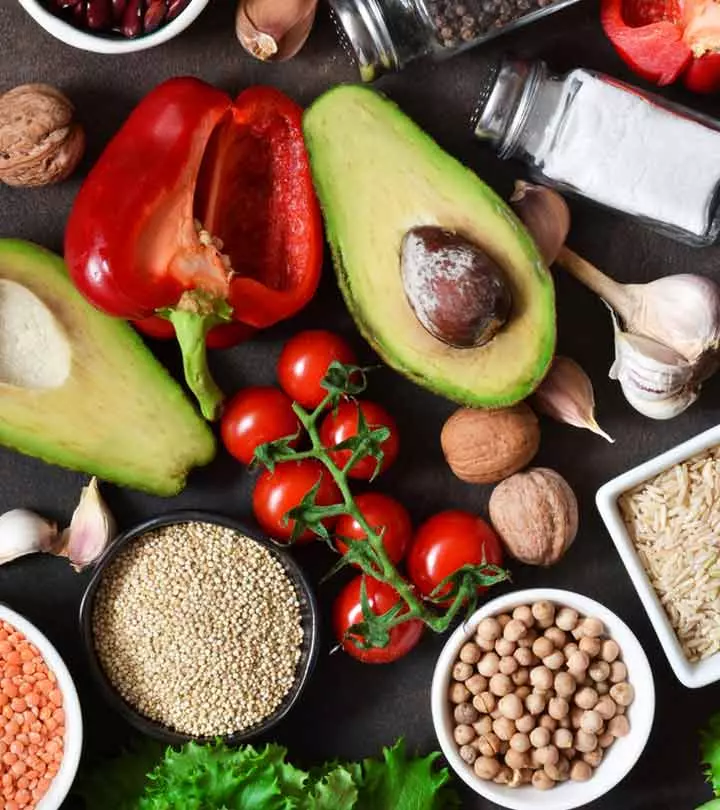

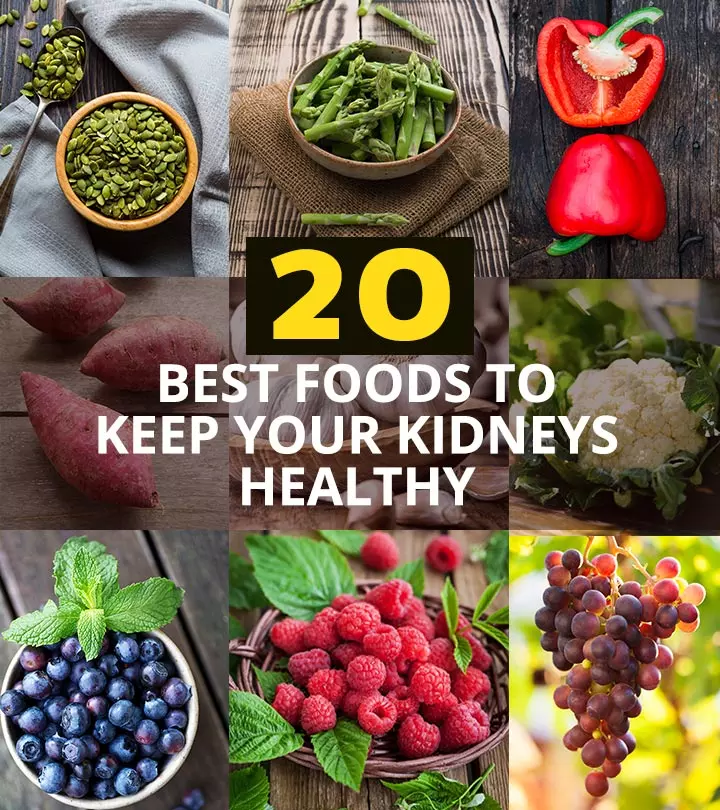


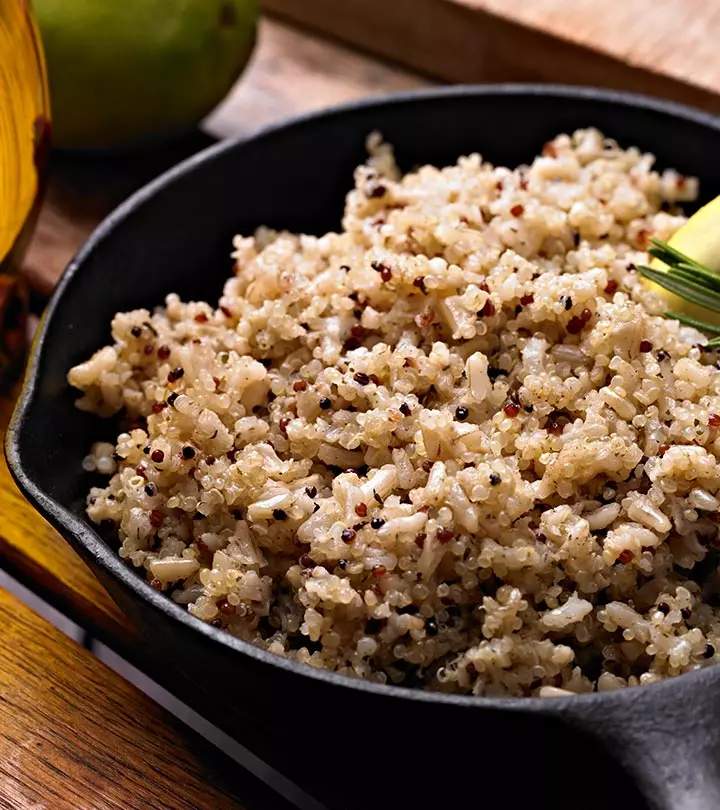

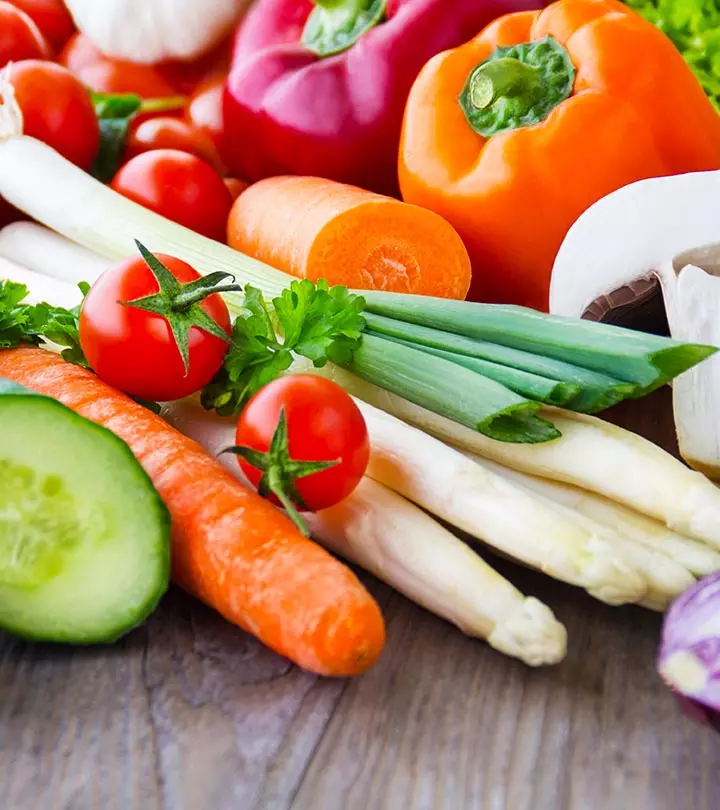


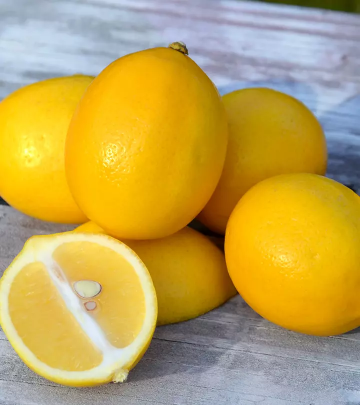


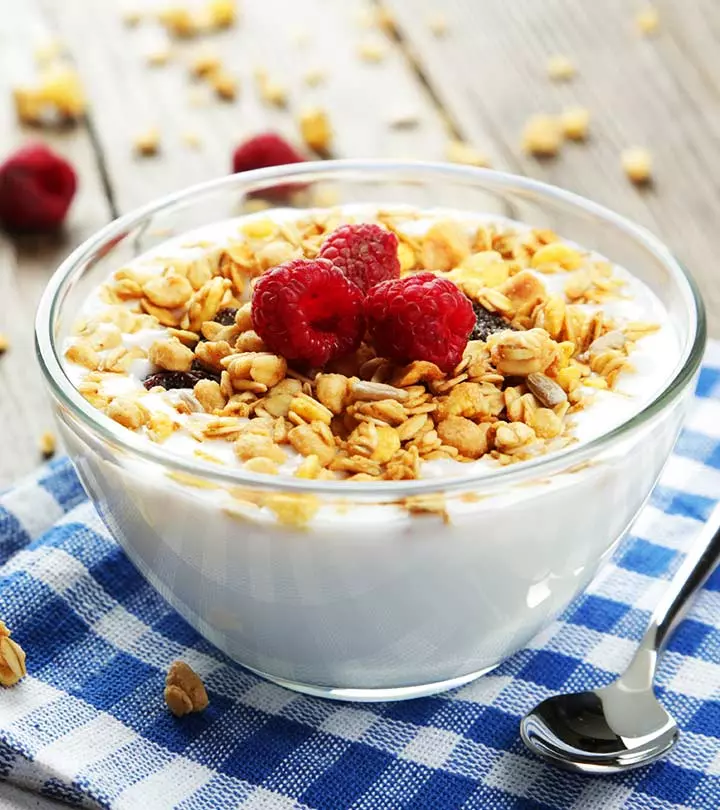
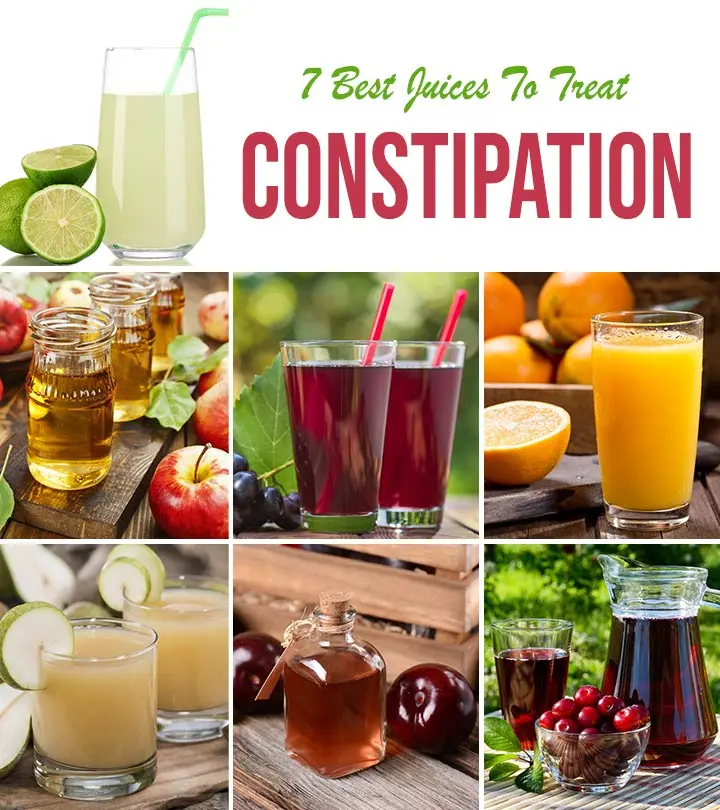

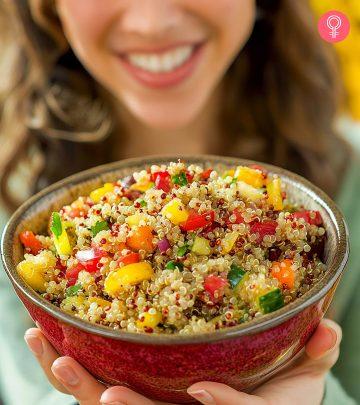



Community Experiences
Join the conversation and become a part of our empowering community! Share your stories, experiences, and insights to connect with other beauty, lifestyle, and health enthusiasts.